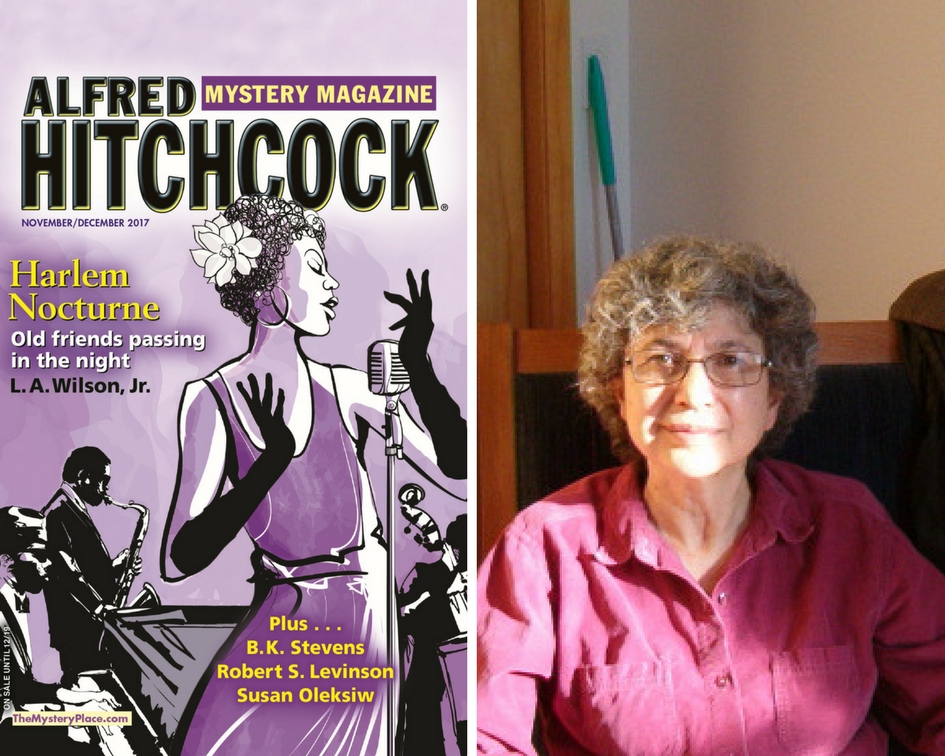In April 2015, B.K. Stevens debuted the blog series “The First Two Pages,” hosting craft essays by short story writers and novelists analyzing the openings of their own work. The series continued until just after her death in August 2017, and the full archive of those essays can be found at Bonnie’s website. In November 2017, the blog series relocated to my website, and the archive of this second stage of the series can be found here.
Arthur Conan Doyle’s first Sherlock Holmes short story, “A Scandal in Bohemia,” appeared in the July 1891 issue of The Strand Magazine. Nearly a century and a quarter later, Ellery Queen’s Mystery Magazine published an “earlier draft” of Conan Doyle’s famous story, courtesy of Terence Faherty—the first of a series of parodies which reveal Terry’s winning mix of cleverness, wit, and, in equal measure, affection for the Sherlock Holmes stories.
EQMM‘s January/February 2019 issue features the latest of these stories, “The Cardboard Box”—which is the subject of Terry’s First Two Pages essay today.
I’ve admired Terry’s Sherlock stories since the start and love his short fiction generally; his EQMM short story “Infinite Uticas,” a 2018 Macavity Award finalist, was one of my favorites I read last year—brilliant really. He’s also won the Shamus Award and been an Edgar finalist for his novels, including both the Owen Keane mysteries and the Scott Elliott mysteries. To find our more about his work, visit his website here.
 And if you enjoy the essay below and the short story in EQMM, here’s some additional good news: Gasogene Books, an imprint of Wessex Press, will launch a collection of these stories at the Baker Street Irregulars annual get-together this coming weekend, January 10-12 in New York. The True Adventures of Sherlock Holmes: The Annotated Edition, including all seven stories from EQMM and four additional ones never before published, will be available on the Wessex Press website beginning January 13—and then available more widely (Amazon) in June.
And if you enjoy the essay below and the short story in EQMM, here’s some additional good news: Gasogene Books, an imprint of Wessex Press, will launch a collection of these stories at the Baker Street Irregulars annual get-together this coming weekend, January 10-12 in New York. The True Adventures of Sherlock Holmes: The Annotated Edition, including all seven stories from EQMM and four additional ones never before published, will be available on the Wessex Press website beginning January 13—and then available more widely (Amazon) in June.
Please use the arrows and controls at the bottom of the embedded PDF to navigate through the essay. You can also download the essay to read off-line.
Faherty Cardboard

